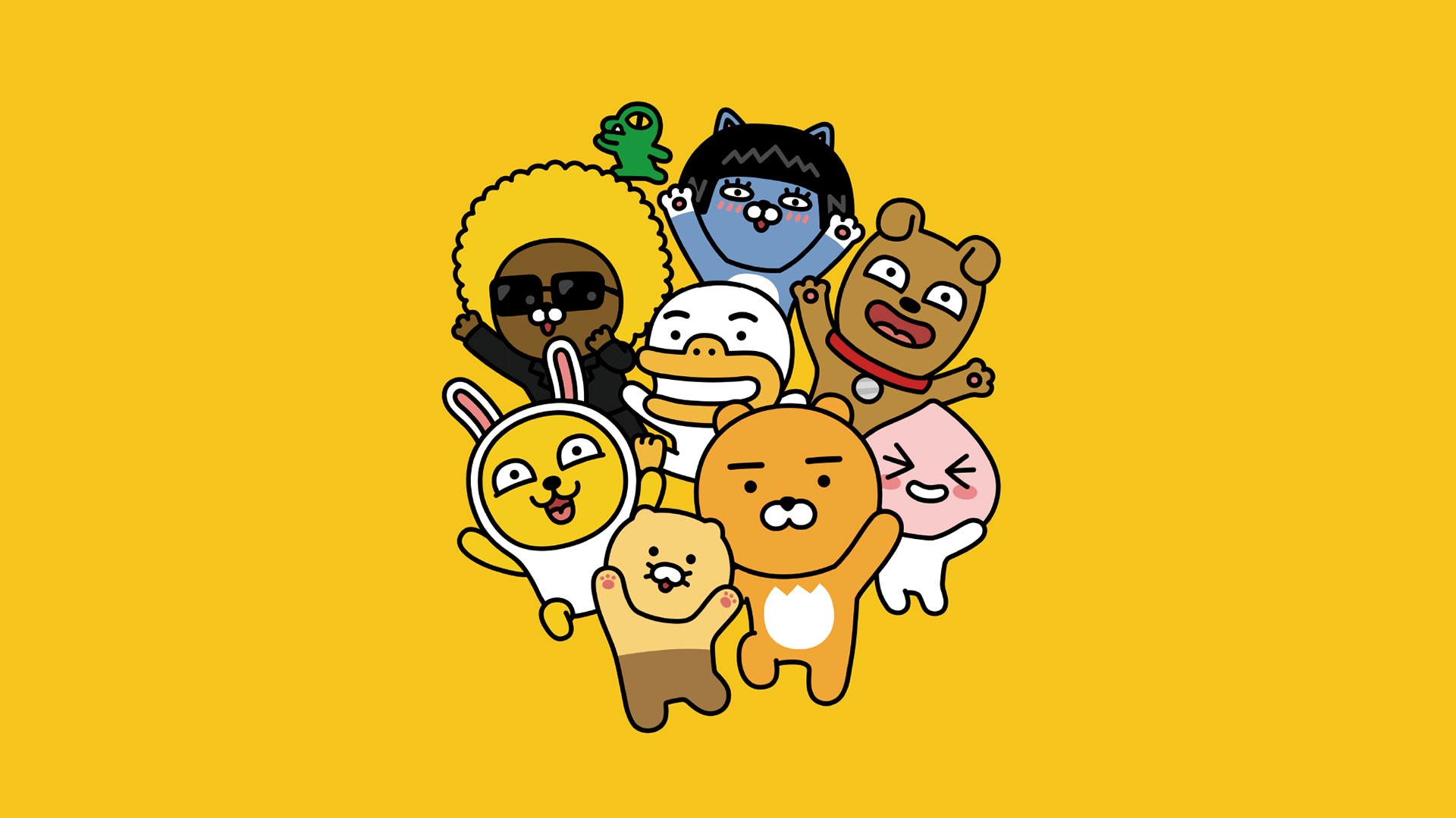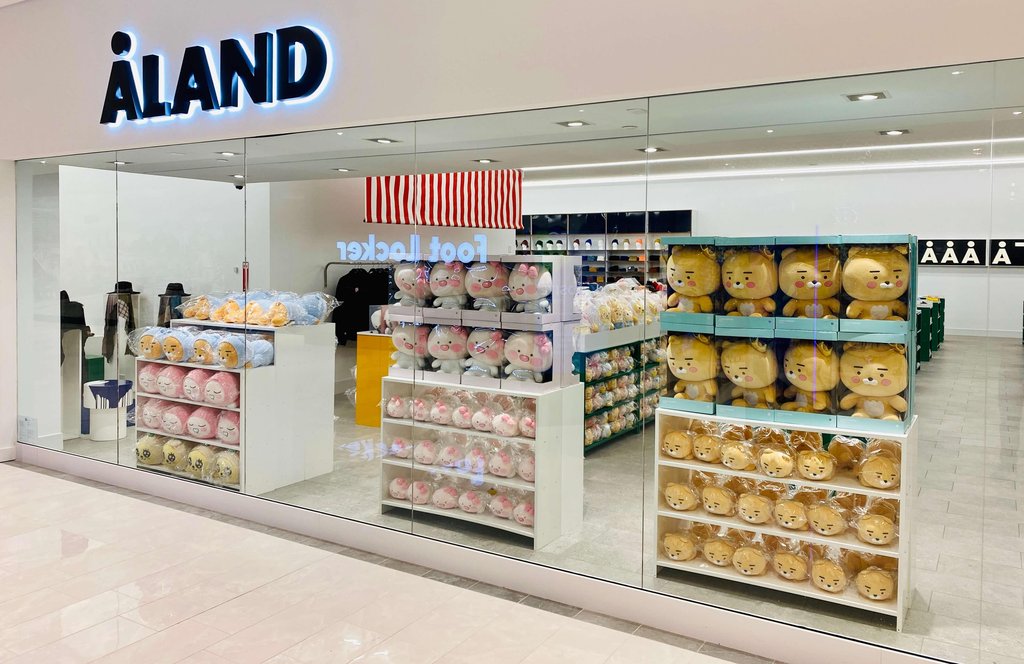

Kakao's strategy has also been to go after the smaller Southeast Asian market, where people are just starting to gobble up cheap smartphones. To make its platform even stickier, the company has added more services, including a mobile wallet, a taxi-hailing service called KakaoTaxi and news applications to keep users connected. "This is a penetration that has not been achieved in any other country," he says in Korean. It's still the most used app in South Korea, according to market research firm, and is used by Koreans an average of 33 minutes per day, says Nielsen. A relaxed figure who once saw a psychologist because he couldn't get angry, he continually points to Kakao's position in Korea as its saving grace. Kim doesn't seem like he's worried, but he should be. Kim is now an underdog in a global industry he started. Meanwhile recent numbers show that the number of global KakaoTalk users has dropped almost 5% over the last year. WhatsApp has yet to begin selling games or stickers-or anything, for that matter-but it dominates the West and leads all players with 700 million users. Above them all is WhatsApp, which Facebook paid $22 billion to acquire in March 2014. Line, founded by Naver, Kim's former company, dominates Japan with 170 million. WeChat, founded by Tencent, his biggest outside investor, dominates China with 468 million monthly active users. Great ideas, however, have a way of getting ripped off at Internet speed, and Brian Kim was copied wildly, to the point where KakaoTalk is now hemmed inside its Korean stronghold by far bigger players that ran faster with the idea.

"From day one he knew messaging could be a multifaceted platform for things like gaming, commerce, media and payments."

"Brian Kim is the true godfather of mobile-messaging apps," says Goodwater Capital's Eric Kim, an early institutional investor in Kakao and former board member. Kim's 39% stake in the venture is worth about $2.9 billion. FORBES estimates that in 2014 the firm's Kakao arm netted more than $120 million in profit on $319 million in revenue. In October Kakao merged with Daum, South Korea's second-largest online search company, to form the $7.4 billion (market cap) Daum Kakao. They're platforms for selling all kinds of lucrative services such as games and virtual goods such as coupons and stickers. was the follow-up and introduced to the world the big insight that messaging apps can be far more than chat. Naver, or South Korea's answer to Google. It later merged with a search company to form what's known today as His first venture, Hangame, started as an Internet cafe business before becoming an online game developer. Kim has created not one but two tech industry mainstays from scratch. The quiet 48-year-old Kim is the most successful Internet entrepreneur South Korea has ever produced, a rare feat in a business culture where power and wealth are dominated by chaebols-family-controlled conglomerates like Samsung and Hyundai. Three-fourths of the nation's 50 million people use Kim's creation monthly, along with another 10.8 million outside the country.
#Kakaotalk store in usa free
Its free messaging service has effectively replaced SMS texting, transforming the way people communicate in South Korea. KakaoTalk is the most popular mobile app in a country obsessed with mobile apps. To be fair, Kim's StarCraft reflexes have waned as he's spent most of the past decade building a different type of empire. "I'm losing because I'm doing this interview," jokes "Brian" Kim Beom-Su, as his online kingdom burns down.


 0 kommentar(er)
0 kommentar(er)
